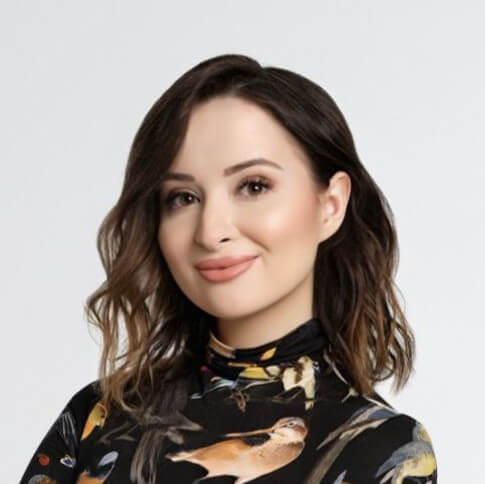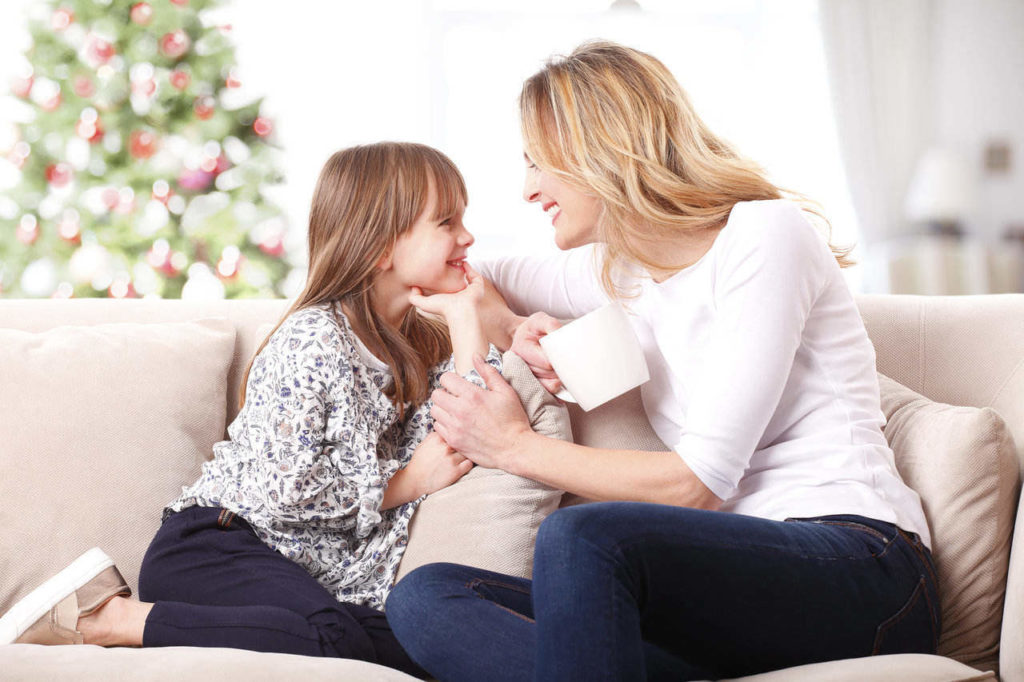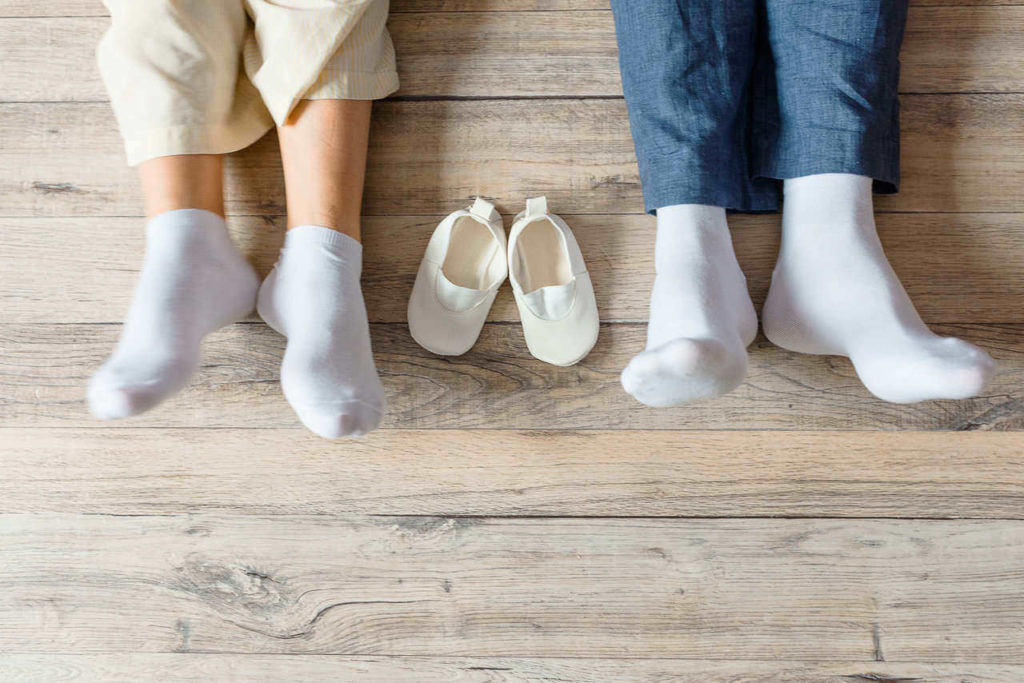When you are happy parents to donor conceived child and everything has gone as planned, it might be the time to think through how and when to talk to your child about the origins of their creation. This is a very frequently discussed topic for the parents of donor egg babies. Every parent struggles with these thoughts and questions, how and what to say? How will the child react? What will be the donor egg child experience? Should I worry about the reaction? What if it goes wrong? Do not worry: as long as you are honest and the child is loved and cared for, you can be sure everything is going to be okay. Still, it is a very good idea to think it through and come up with some sort of strategy. We will try to help you with going through this as smoothly as possible.
Egg donation: talking to your child about their origin
Let’s start by saying that it is not a one-evening talk. Talking to your kids about how they were born with the help of donated eggs is a long process. It is not like you will just say one day: “You aren’t 100% ours, we had some help from a kind person you probably will not ever meet.” This problem cannot be solved this way. This is a continuing and evolving process, but it is definitely doable.
If you need some encouragement and motivation to start the process, here are some really good reasons to tell your child:
- It is a very good start in building an honest relationship
- It is the right thing to do and shows respect toward the child and their right to know who they are
- It protects the child from shock and stress in the future when they accidentally find out they are donor egg babies
- It puts the child in control of what to do with this information in the future so they can make their own decisions in this matter
- It absolutely does not change the child’s attitude to negative towards their parents
- You can explain some differences in appearance so the child does not have some wrong ideas, such as they were adopted or were a result of an affair.
- Coming out makes some technical issues of potential future medical procedures easier because you can be clear about medical history.
Telling your child about donor conception: when to begin?
You can start before the child reaches the age of 5. It seems a bit early but the thing is that with time you adjust the given information appropriately to the child’s age and ability to comprehend the facts. So you can start at 5 with some totally basic information, for example, that you wanted the baby so much and had to get help from a kind lady so they could be born and loved. When the child is a bit older, you can add more specific information so that when they finally get the idea of what donor egg babies really mean, they will not feel lost or shocked. If everything goes as planned the child will be growing up not thinking “why are they telling me this now?” because they will feel that you have always been honest about this subject.
There are situations when the child is a bit older and still does not know. However, it is never too late. It only makes it more of an event than a long-term process. If your child is a teenager or is already an adult, you might need a little support. You might try contacting other parents who found themselves in a similar situation or on ED support sites which we will talk about at the end of this article. There are also books and videos about families with donor eggs babies which you can easily find on the internet.
Explaining egg donors to children – how and what?
You already have an idea when to tell your child, now it is the time to know how and what to say. First of all, don’t worry about the language issues when it comes to sex and reproduction. In the beginning, it will not be an issue simply because you will not have to talk about sex at all. When you start, give bits of information adding some more details over time. In the beginning, the language should be simple and it can be absolutely free of sex and reproduction issues. When your child is ready, give bigger blocks of information and add the details you feel they should know at their age. You can find help on how and what to tell your child in some books about donor egg babies like “Our Story” or “Telling and Talking Booklet”.
You may be interested in reading” How to tell your children that they were conceived via egg donation by Carmen Martinez Jover, Fertility Coach and Author.
Donor-conceived children and their reaction
Every person who is burdened with going through the process of enlightening the child about their origins thinks about the reaction they will receive. It is very natural to worry but it is very often an unnecessary concern. If the child is loved and cared for, there should not be any problems. Love, honesty and a secure relationship with parents is the most important thing for the child. So when you tell the child that you needed help from a kind person, because your eggs were not healthy enough, it is possible that your child will not have a problem with it. Your child may not think of it much or ask some simple, honest questions and not worry about the case at all. If the child is bit older, you might sit down with them and talk about how all families are different and that some families need a bit of help.
Children over 8 years of age have a lot bigger understanding. They are your children, you will know best how to make them understand. It is up to you, you know their personality and it very much depends on how you feel about this issue – kids can feel it. It may happen that they will not grasp the idea of egg donation child so try to explain how there are no blood related with one or both of the parents. Also, explain that this in any way does not lessen your feelings for them. If like we said the child is 8 years old or older, they may be in a bit of a shock at first. The child might be angry and, depending on their age, the older they are, the angrier they could get because of the fact you did not tell them earlier. Sadness is another issue, knowing they are not entirely related to their parents. However, this could also happen later to a child who was told about being a donor baby at an early age. Remember that every reaction is natural and do not worry if the child gets angry or sad – that is perfectly normal. Let the child feel what they want to feel, then talk with them again and it will be much better.
Talking with family and friends about egg donation
Whether you tell your family and friends about your donor child is entirely up to you. Do as you feel, it is your child and this is your decision. However, it is a good idea to tell just the closest family members to avoid some drama later – grandparents could feel a bit cheated if they found out by themselves. There are, however, some advantages in enlightening your friends. As your child grows up, they change and some appearance differences could be spotted and articulated by your friends. This, in turn, might make your child start thinking and talking with somebody and they could come to some false conclusions and cause some uncomfortable situations. Being open with this case makes it less problematic. It could also be good for you just to tell somebody and talk about the whole issue.
Donor-conceived children: secrets and lies
EggDonationFriends support being honest with donor embryo children but there are circumstances in which we should think twice. Not every 6-year-old is the same as another 6-year-old. If your child has some developmental issues or learning difficulties, you must take it into consideration and adjust it to their needs. There are also communities which do not exactly tolerate any other conception methods than the natural ones and would consider donor egg babies as not part of their community. This could expose the child to some anxiety or feeling of being rejected. Choose your environment and friends wisely. Having a donor egg baby may not be easy, but it is really rewarding and definitely challenging. Try to avoid the situation when you don’t tell the child at all because of your internal fears. In the long run, it may not be good for anybody.
How to tell a child they are donor-conceived?
When discussing donor conception with your child, begin with straightforward explanations at an early age and gradually share more information as they mature. Highlight that their role in your family and the love you have for them will always stay the same. If your child is older and hasn’t been informed yet, it’s crucial to approach the conversation with honesty and care. Remind them of their significance and the deep connection you share.
The article was updated in August 2024



